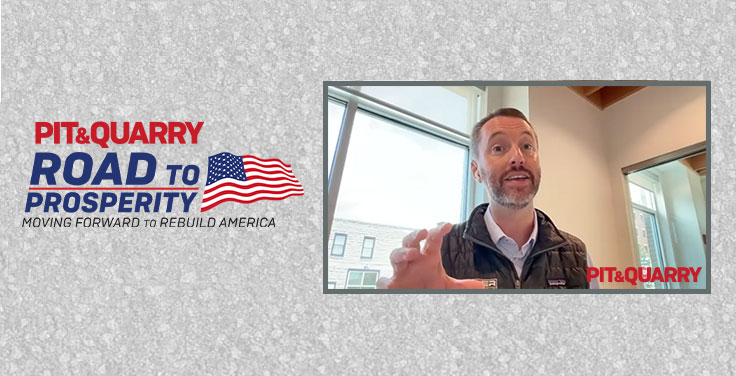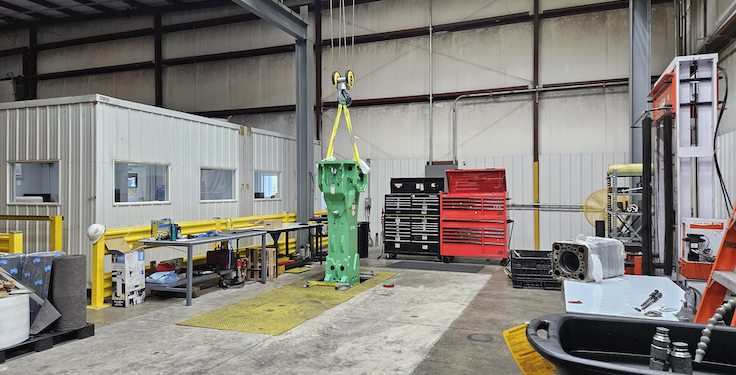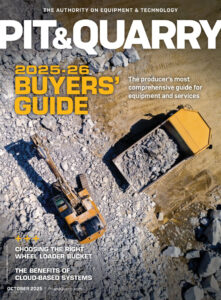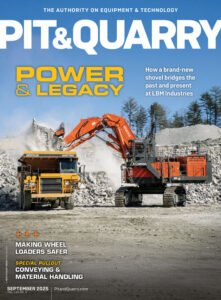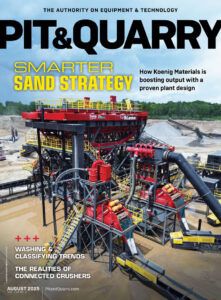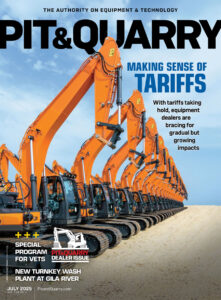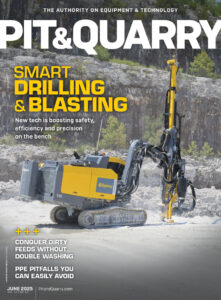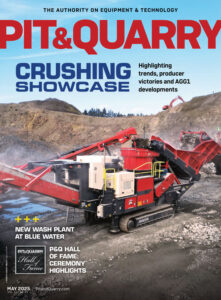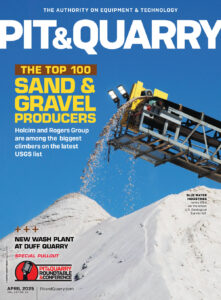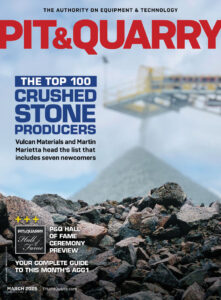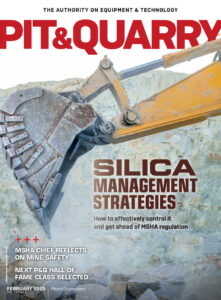
As Holcim describes, creating a more sustainable world is at the center of everything it does. One recent example of this is Populus, a hotel expected to open next spring in Denver that’s utilizing Holcim’s ECOPact low-carbon concrete mix. To discuss the Populus project, other sustainability opportunities and how the company is performing in the Mountain region, P&Q connected with the company’s Kevin Peart.
What is demand like for aggregates this year, and what is your expectation for the second half of the year?
It varies market to market, but overall I’m positive of the outlook. There are a few challenges we face like inflationary impacts, but I feel pretty good about our ability to react. I’d say I’m generally optimistic about the future in the near term.
Sustainability is obviously a hot-button topic in the construction materials universe, but we don’t necessarily hear about it as much in aggregates. To you, how does sustainability apply to aggregates? How do aggregate operations contribute to creating a more sustainable world?
I think there are lots of opportunities on the aggregate side, including through circularity and the reuse of materials. This can involve downstream materials and the reuse of them, converting them into aggregates. Or, it can be the use of waste material for aggregates.
From a water/biodiversity standpoint, we ultimately play a role in that part of it. Our communities are a key focus for Holcim, as well. Also, I would say energy is key, too. How we power operations is critical from a sustainability standpoint.
Related: Holcim grants eight university scholarships
We recently heard about the Denver hotel project involving Holcim and ECOPact, a low-carbon concrete. Tell us about the project and how ECOPact played a role in getting the project off the ground?
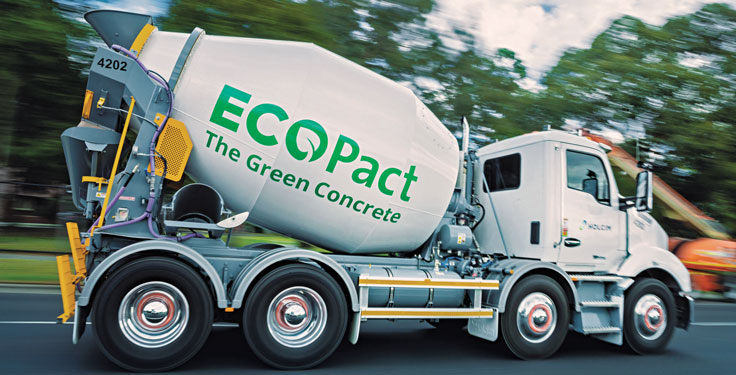
Populus is a 13-story hotel. Our customer, The Beck Group, designed and built it, and our supply of aggregates, as well as the ready-mix/ECOPact, was key in the offering. The Beck Group had specific needs and requirements from a carbon-impact standpoint. We were able to partner with them to provide those materials and have a successful outcome.
We’re seeing interest in sustainability more and more – even in aggregates. Customers are asking questions that are forward-looking, and we certainly relish those opportunities. Being an early mover is part of our strategy. We believe wholeheartedly that fulfilling those needs in the future is critical.
What are the advantages and disadvantages of a lower-carbon product like ECOPact?
From a performance standpoint, it’s going to perform. There are clear criteria about strength and different factors when customers design and then build their construction products. We’re confident in the products we supply. We’re not giving up anything other than having a more sustainable product.
How has demand in lower-carbon products evolved in recent years?
Over the past four or five years, higher-educational institutions are asking for these types of products and offerings. We’re starting to see more owners and architects request them – or have the need for those products.
Ultimately, we do believe demand is going to increase over time. We’re excited to work with innovative customers and those interested in sustainability.

